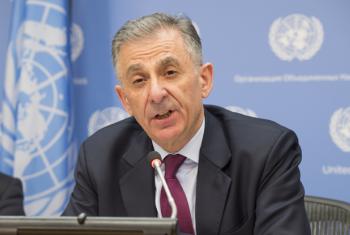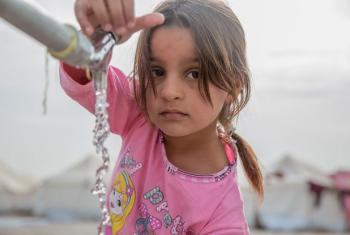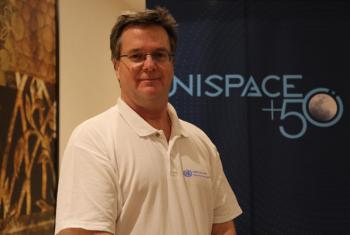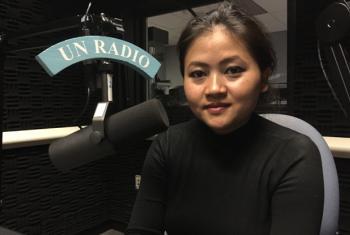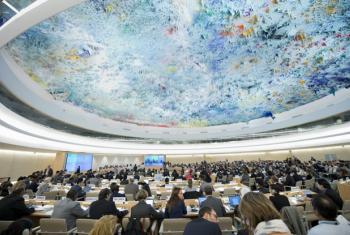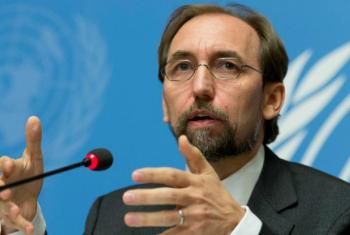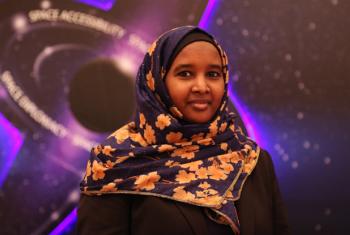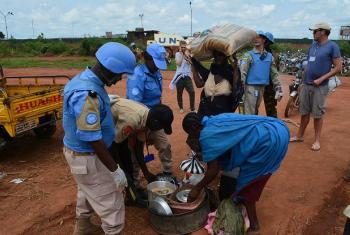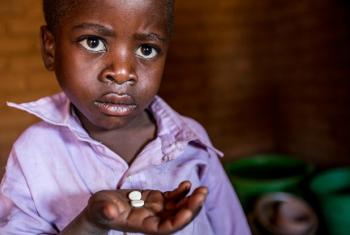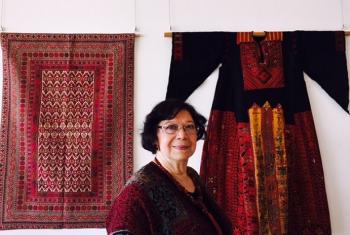Global response needed to stop use of ICTs to commit terrorist acts
A global response is needed to stop extremism on the internet and in social media, the head of the UN’s anti-terrorism body (UNCTED) has urged.
Extremist groups have been using information and communications technologies (ICT) to spread propaganda, recruit, generate funds, share training materials and engage in the illicit weapons trade.
Some of the most popular social networking services are said to be devising strategies to counter the online activities of these groups.

